Prescriptions for your Personal Finances
Since 1997, The Financial Pharmacist has been guiding and empowering clients like you to establish and maintain financial wellness.
Services
The Financial Pharmacist dispenses prescriptions to correct problems that threaten your financial health. Diana examines your finances, incorporates your goals, and works with you to come up with a prescription (also known as a financial plan) to optimize your fiscal wellbeing.
Retirement Planning
Having the right plan in place ensures that you have enough money to maintain your lifestyle, pay for healthcare costs, and leave a legacy for your loved ones.
College Planning
I'll help you navigate the complex financial landscape of higher education with confidence.
Estate Planning
Protect your assets with the right tools, including wills, trusts, and beneficiary designations.
Who is the Financial Pharmacist?
The Financial Pharmacist, Diana Kahn, CFP®, is your guide to overall health and happiness via your financial life. She offers a unique approach to financial planning that aims to free you from financial fears and unhealthy habits so you can be financially happy and stress-free. Working together, you will optimize your financial confidence and outlook.
How are we different?
The Financial Pharmacist does not charge a fee based on assets under management, nor does she take commission through products. Instead, Diana Kahn solely provides financial advice that best meets your personal needs for a flat fee. When it comes to investing, all advice is purely objective with you and your best interests in mind.
Contact
You can arrange to meet with Diana Kahn via Zoom from the comfort of your own space at a time that works for you. Evenings and Sundays are also available for your convenience.
Contact Us
We will get back to you as soon as possible
Please try again later
Blog



Site Map
Contact me
Diana B. Kahn, CFP®
President
3200 N.E. 211 Terrace
Aventura, Florida 33180
diana@thefinancialpharmacist.com
Powered by
Levitate



